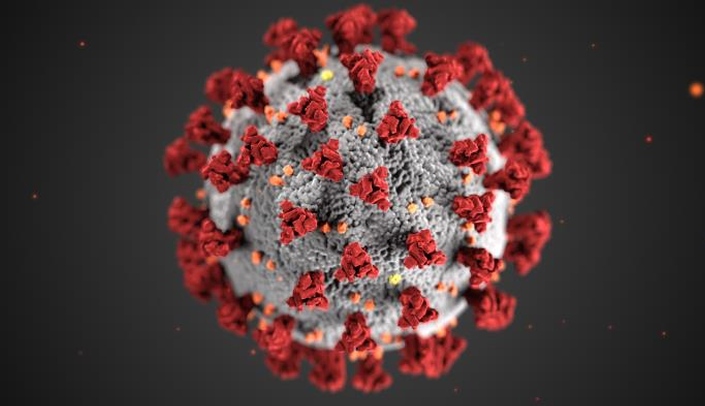Last week, we announced that, beginning June 21, the UNMC community would be required to document if they are fully vaccinated for COVID-19 or have declined the vaccine. Details on how to complete documentation will be shared in mid-June, however the requirement will enable UNMC to better protect the campus community including new and current employees, incoming and returning students, visitors and patients.
As we implement this documentation requirement, it is important to note:
- The reporting of the COVID vaccine status will be similar to the process UNMC has used annually to obtain information about the influenza vaccine and will be kept confidential. By reporting, we get a broad view of the immunization status of the UNMC community, which helps us make decisions concerning the health and safety of students, faculty, staff and patients. By submitting your vaccine status, you help play a role in UNMC’s continued fight against COVID-19. Your vaccine status will remain confidential; aggregate information only will be used for decision-making.
- Nonvaccinated individuals are asked to take extra steps to protect those around them, especially individuals who may be immunocompromised. Research shows that nonvaccinated individuals can still spread the virus to vulnerable vaccinated people, and other unvaccinated people, too. If nonvaccinated individuals do not take extra steps to protect those around them, they can put others and their families at serious risk.
- In instances where individuals choose to remain unvaccinated or unwilling to document their status, we ask that they continue to mask while on UNMC campuses. Consistent with Centers for Disease Control and Prevention guidelines, masks are still required in clinical areas or common hallways or conference rooms leading up to or adjacent to clinical areas, and still required for most face-to-face human subjects research as directed by the biosafety protocol associated with their IRB application.
- Vaccinated individuals can continue to wear a mask as an extra layer of protection against COVID-19. We continue to require individuals to mask, as appropriate or desired, knowing that:
- Existing vaccines offer 94% to 95% protection. As a result, some individuals will still be at risk for COVID-19 and may elect to wear a mask to further reduce their risk. Immunocompromised individuals have a far lower degree of protection in the 20% to 50% range depending upon the medical condition and/or medication-related reason that they are immunocompromised.
- Some may wear a mask until they are fully vaccinated. Individuals are more fully protected two weeks after their second dose of the Pfizer or Moderna vaccine or two weeks after the single dose Johnson & Johnson vaccine.
- In some cases, individuals may not be eligible or able to be vaccinated (ie: young children or individuals who have had an allergic reaction to any of the ingredients in the vaccine.)
- Existing vaccines offer 94% to 95% protection. As a result, some individuals will still be at risk for COVID-19 and may elect to wear a mask to further reduce their risk. Immunocompromised individuals have a far lower degree of protection in the 20% to 50% range depending upon the medical condition and/or medication-related reason that they are immunocompromised.
- As mentioned last week, many of UNMC’s clinical partners now require proof of immunization against COVID as a condition of performing service and/or academic rotations in their clinics and on their wards.
As an academic health science center, we continue to recommend that everyone get vaccinated; however, to be clear, UNMC is not requiring individuals get vaccinated for COVID-19. This may change at some time in the future consistent with best practices and federal and/or accreditation guidelines.
We have made tremendous strides in our fight against COVID-19, but vaccine is not yet an automatic off switch for the pandemic. UNMC will continue to monitor and assess COVID-19 infection rates, as well as the community’s vaccination status, and make ongoing future decisions based on science and data. We also will continue to support and respect individuals who choose to wear masks and take other known effective precautions – regardless of their immunization status.
